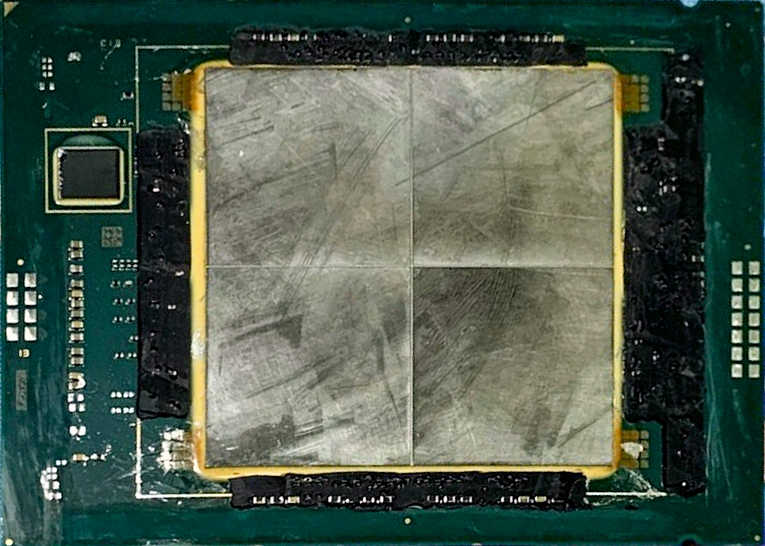It isn’t surprising to know that Intel has officially confirmed that their next-gen server and the high-end consumer platform, Sapphire Rapids, will be based on Golden Cove architecture.
Intel’s Andi Kleen, a long-time Linux kernel contributor, submitted a new patch. It is visible in the patch that the comments for Sapphire Rapids-X have been changed to Golden Cove from the previously labeled ‘Willow Cove”. Andi explained this by mentioning that Sapphire Rapids will now use Golden Cove instead of Willow Cove.
For a long time, Intel has been reluctant to make this information public. However, the roadmap reveals that Sapphire Rapids can not deliver the planned performance with Willow Cove. The Golden Cove architecture will have support for DDR5 memory technology, PCIe Gen5 architecture, and CXL 1.1 (Compute Express Link).
Indeed, the Linux Patch confirms that Sapphire Rapids will use Golden Cove, which also means that both Alder Lake and SR will use the same core architecture, and it is also mentioned in the recent Linux patch. We can also conclude that both the chips will have a 10nm Enhanced SuperFin fabrication node. Although Sapphire Rapids is considered as a Xeon successor, its arrival will mark the return of high-end desktop consumer CPUs. Moreover, Sources at Videocardz state that motherboard vendors are already working on new products for the X-series CPUs, which will be based on Sapphire Rapids.
One of the processors has been torn apart, and its pictures are making rounds on the internet. The pictured processor is a 4th Gen Xeon Scalable CPU and has visible four dies, which are visible on the package.
As far as the specifications of the Sapphire Rapids are concerned, it will have up to 56 cores and up to 80 PCIe Gen 5.0 lanes. The processors will also support up to octa-channel DDR5 memory operating at 4800 MHz. Some of the processor variants may feature HBM2e memory going up to 64GB. The series will utilize the LGA4677-X socket.
Via Kernel.org





